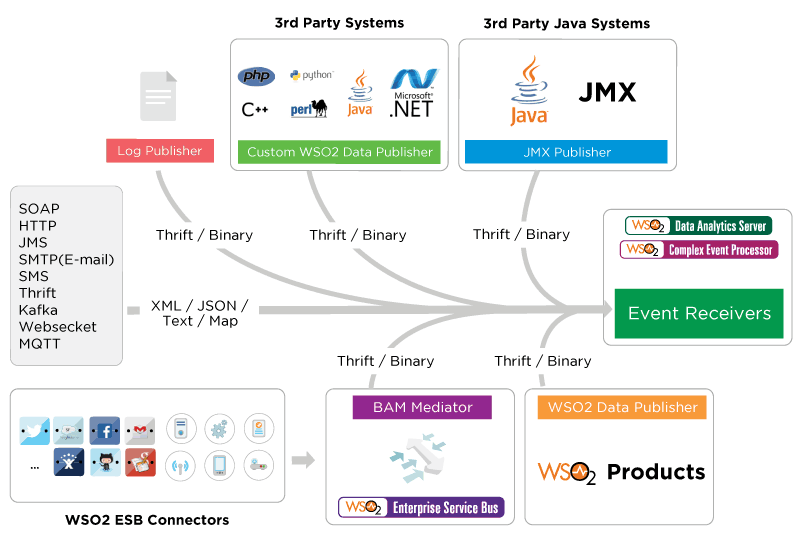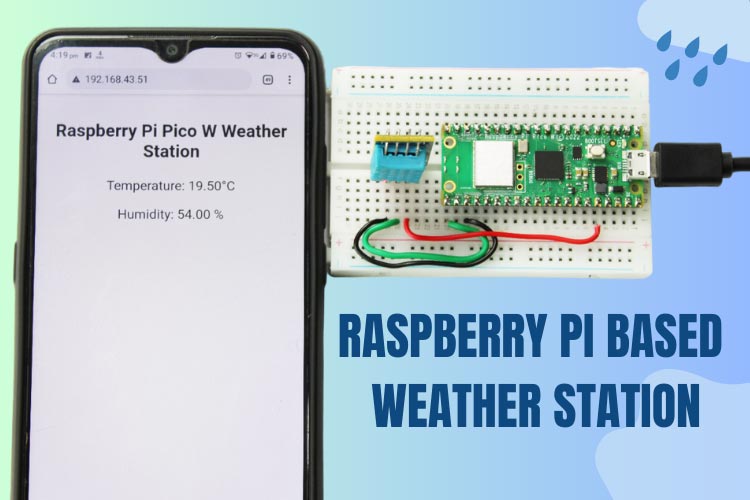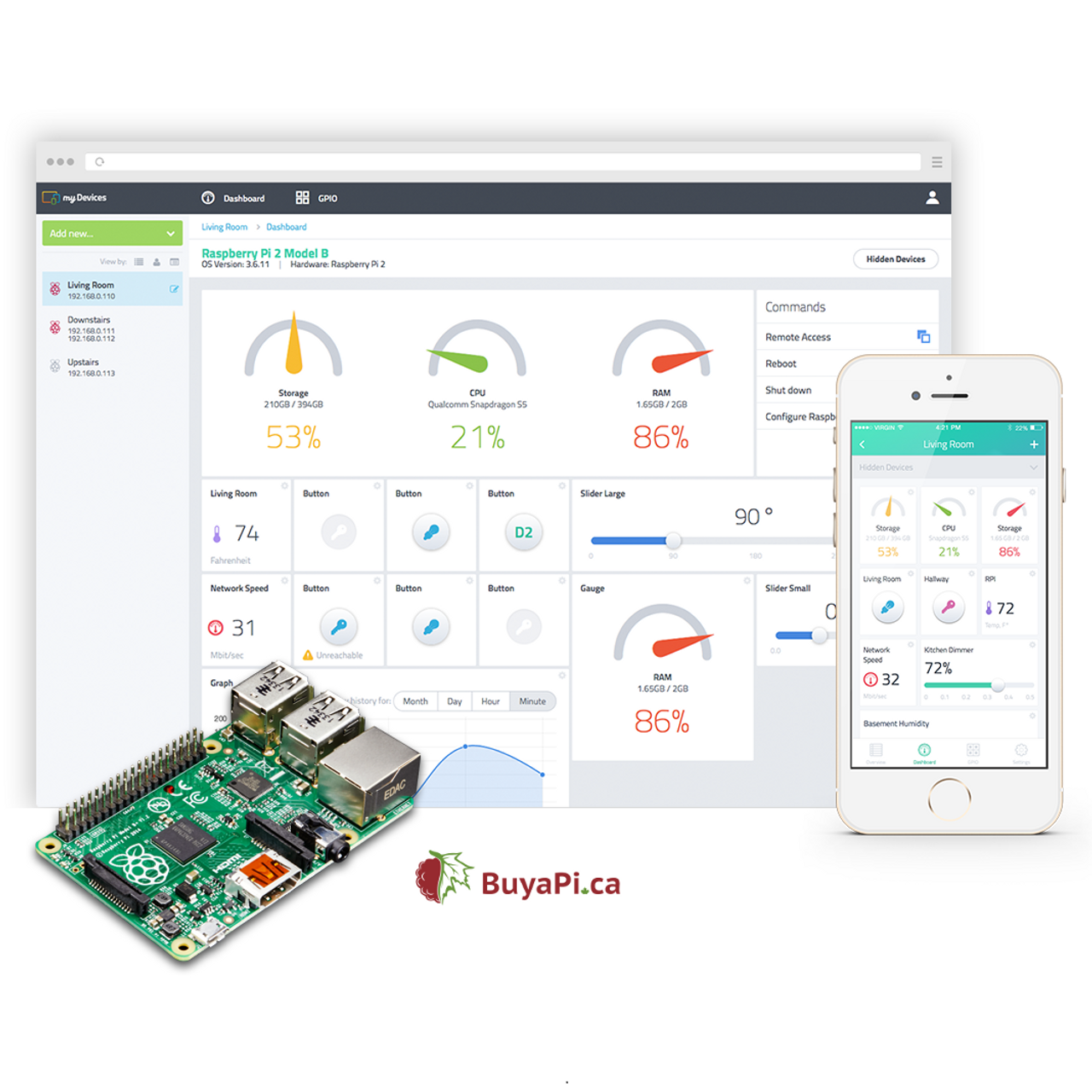Let's dive into the world of IoT and Raspberry Pi! If you're looking for the best SSH IoT platform to enhance your Raspberry Pi projects, you're in the right place. Whether you're a tech enthusiast or a seasoned developer, this guide will help you explore top-notch platforms that make your life easier. So, buckle up and let's get started!
Nowadays, the Internet of Things (IoT) is everywhere, and Raspberry Pi is the go-to device for hobbyists and professionals alike. But with so many SSH IoT platforms out there, it can be overwhelming to choose the right one. That's why we're here—to break it down for you and make your decision-making process a breeze.
By the time you finish reading this article, you'll have a solid understanding of the best SSH IoT platforms for Raspberry Pi, complete with practical tips and tricks. So, whether you're building a smart home system or a weather station, we've got your back.
Read also:Valerie C Robinson Today The Inspiring Journey Of A Remarkable Woman
Why SSH IoT Platforms Matter for Raspberry Pi
First things first, why should you even care about SSH IoT platforms? Well, the answer is simple: they simplify your life. SSH (Secure Shell) provides a secure way to manage and interact with your Raspberry Pi remotely, while IoT platforms offer tools and frameworks to build connected devices without breaking a sweat.
Here’s what SSH IoT platforms bring to the table:
- Enhanced security for remote access
- Easy integration with cloud services
- Scalable solutions for your projects
- Real-time data processing and analytics
These platforms are designed to work seamlessly with Raspberry Pi, making them a no-brainer for anyone serious about IoT development.
Top 10 SSH IoT Platforms for Raspberry Pi
Now that we've established why SSH IoT platforms are essential, let's take a look at the top contenders. These platforms are battle-tested and trusted by developers worldwide. So, here we go:
1. PlatformIO
PlatformIO is a popular choice for Raspberry Pi enthusiasts. It offers an integrated development environment (IDE) that supports SSH, making it perfect for remote development. With PlatformIO, you can manage dependencies, compile code, and deploy projects with ease.
Key features:
Read also:Juice Wrld Seizure Video The Truth Behind The Headlines
- Supports multiple programming languages
- Extensive library of plugins
- Easy-to-use interface
2. Adafruit IO
Adafruit IO is another fantastic option for Raspberry Pi users. This platform is designed specifically for IoT projects and offers robust features like data visualization and real-time monitoring. Plus, it integrates seamlessly with Raspberry Pi via SSH.
Why choose Adafruit IO?
- User-friendly dashboard
- Free tier for small projects
- Strong community support
3. MQTT
MQTT (Message Queuing Telemetry Transport) is a lightweight protocol ideal for IoT applications. While it doesn't offer a traditional SSH interface, it can be paired with SSH tools to create a secure connection. MQTT is perfect for projects requiring low bandwidth and high reliability.
Benefits of MQTT:
- Low latency communication
- Highly scalable
- Easy to implement
4. Home Assistant
Home Assistant is a must-have for anyone building a smart home with Raspberry Pi. It supports SSH for secure access and offers a wide range of integrations with popular IoT devices. From controlling smart lights to monitoring security cameras, Home Assistant does it all.
Why use Home Assistant?
- Open-source and customizable
- Supports thousands of integrations
- Active community forums
5. Losant
Losant is a powerful IoT platform that offers SSH capabilities for Raspberry Pi projects. It focuses on enterprise-grade solutions but is equally suitable for hobbyists. With Losant, you can build complex workflows and automate tasks with minimal effort.
Losant highlights:
- Advanced workflow builder
- Real-time data streaming
- Supports multiple protocols
6. Blynk
Blynk is a mobile-first IoT platform that works flawlessly with Raspberry Pi. It allows you to control your projects via a smartphone app and supports SSH for secure connections. Blynk is perfect for projects requiring user interaction, such as home automation systems.
What makes Blynk unique?
- Drag-and-drop interface
- Mobile app integration
- Free and paid tiers
7. AWS IoT Core
AWS IoT Core is a cloud-based platform that offers SSH capabilities for Raspberry Pi. It's designed for large-scale IoT deployments and provides enterprise-grade security and scalability. While it may seem intimidating at first, AWS IoT Core is worth exploring for serious developers.
Key features:
- Scalable to millions of devices
- Advanced analytics tools
- Seamless integration with AWS services
8. Particle
Particle is an IoT platform that simplifies hardware and software development for Raspberry Pi. It offers SSH support and provides a comprehensive suite of tools for building connected devices. Whether you're a beginner or a pro, Particle has something for everyone.
Particle advantages:
- Easy-to-use cloud platform
- Wide range of hardware options
- Strong developer community
9. Microsoft Azure IoT Hub
Microsoft Azure IoT Hub is another cloud-based platform that supports SSH for Raspberry Pi. It's packed with features like device management, data analytics, and machine learning capabilities. If you're already in the Microsoft ecosystem, Azure IoT Hub is a natural choice.
Why choose Azure IoT Hub?
- Enterprise-grade security
- Integration with other Azure services
- Advanced AI capabilities
10. ThingsBoard
ThingsBoard is an open-source IoT platform that supports SSH for Raspberry Pi. It offers a range of features like data visualization, rule engine, and device management. ThingsBoard is perfect for developers who prefer a self-hosted solution.
ThingsBoard highlights:
- Highly customizable
- Supports multiple protocols
- Active development community
Choosing the Right Platform for Your Project
With so many options available, how do you choose the best SSH IoT platform for your Raspberry Pi project? Here are a few factors to consider:
1. Project Requirements: Determine what your project needs. Are you building a simple home automation system or a complex industrial solution? The platform you choose should align with your project's complexity.
2. Budget: Some platforms offer free tiers, while others require a subscription. Make sure the platform fits within your budget constraints.
3. Security: SSH is all about security, so ensure the platform you choose has robust security features to protect your data.
4. Community Support: Platforms with active communities tend to have better documentation and faster issue resolution.
Setting Up SSH on Raspberry Pi
Before diving into the platforms, let's talk about setting up SSH on your Raspberry Pi. This step is crucial for remote access and ensures a secure connection.
Here's a quick guide:
- Enable SSH in Raspberry Pi Configuration
- Generate SSH keys using tools like PuTTY or OpenSSH
- Set up a static IP address for your Raspberry Pi
- Test the connection using an SSH client
Once you've set up SSH, you're ready to explore the platforms mentioned above.
Best Practices for Using SSH IoT Platforms
To get the most out of your SSH IoT platform, follow these best practices:
1. Regular Updates: Keep your platform and Raspberry Pi firmware up to date to ensure compatibility and security.
2. Backup Data: Regularly back up your project data to prevent loss in case of hardware failure.
3. Monitor Performance: Use monitoring tools to keep an eye on your project's performance and make adjustments as needed.
4. Documentation: Maintain detailed documentation of your setup and configuration for future reference.
Data and Statistics to Support Your Decision
Here are some stats to help you make an informed decision:
- According to a report by Statista, the global IoT market is expected to reach $1.6 trillion by 2025.
- Raspberry Pi has sold over 40 million units worldwide, making it one of the most popular single-board computers.
- Platforms like Home Assistant and Adafruit IO have active user bases exceeding 100,000 developers.
These numbers highlight the growing demand for IoT solutions and the popularity of Raspberry Pi as a development platform.
Conclusion
In conclusion, the best SSH IoT platform for Raspberry Pi depends on your specific needs and preferences. Whether you choose PlatformIO for its versatility or Home Assistant for its smart home capabilities, the key is to select a platform that aligns with your project goals.
We encourage you to try out a few platforms and see which one works best for you. And don't forget to leave a comment below sharing your experiences or questions. Also, feel free to share this article with your friends and fellow Raspberry Pi enthusiasts!
Happy coding and may your IoT projects be a success!
Table of Contents
- Best SSH IoT Platform for Raspberry Pi: Your Ultimate Guide
- Why SSH IoT Platforms Matter for Raspberry Pi
- Top 10 SSH IoT Platforms for Raspberry Pi
- PlatformIO
- Adafruit IO
- MQTT
- Home Assistant
- Losant
- Blynk
- AWS IoT Core
- Particle
- Microsoft Azure IoT Hub
- ThingsBoard
- Choosing the Right Platform for Your Project
- Setting Up SSH on Raspberry Pi
- Best Practices for Using SSH IoT Platforms
- Data and Statistics to Support Your Decision
- Conclusion



